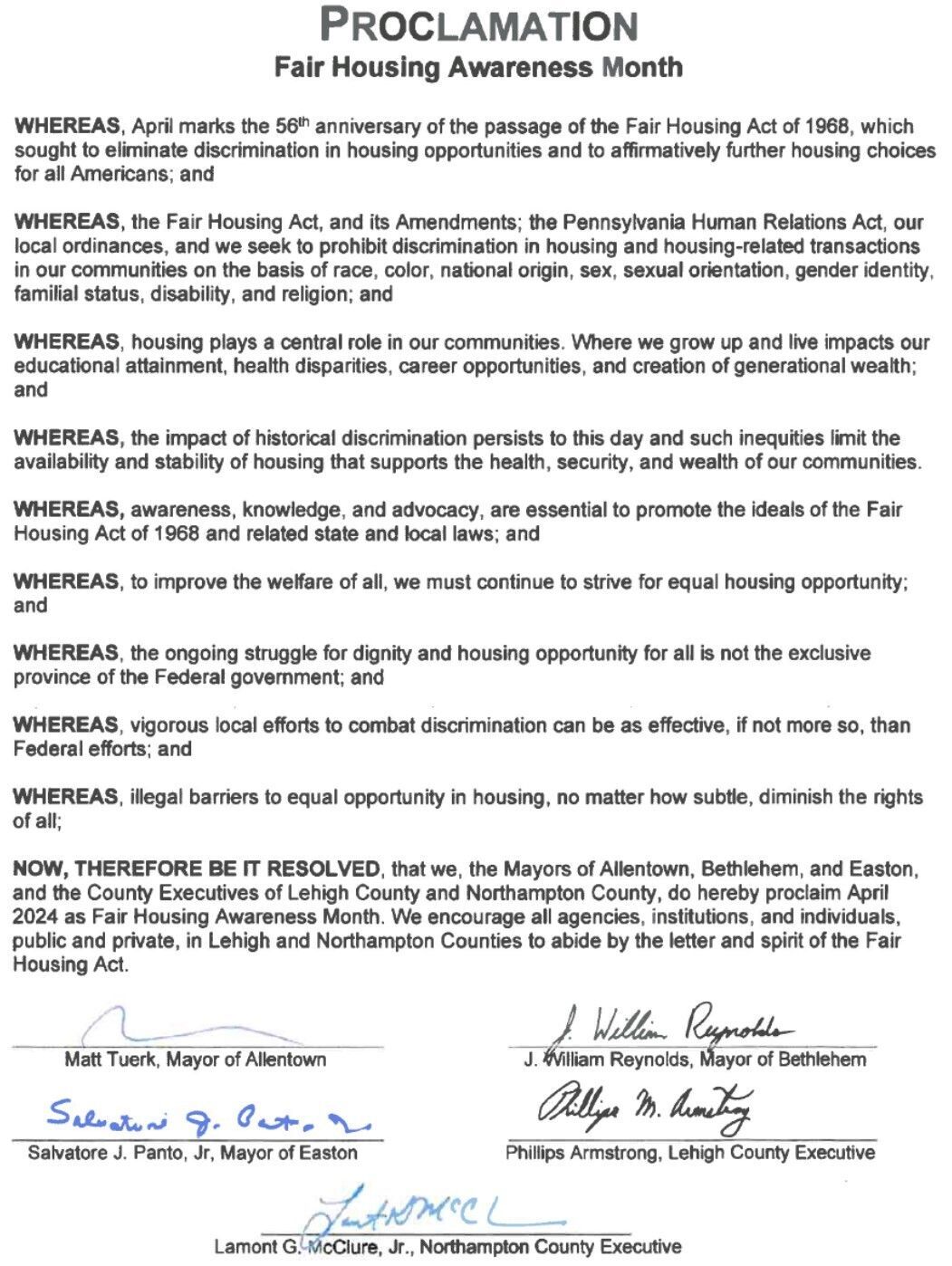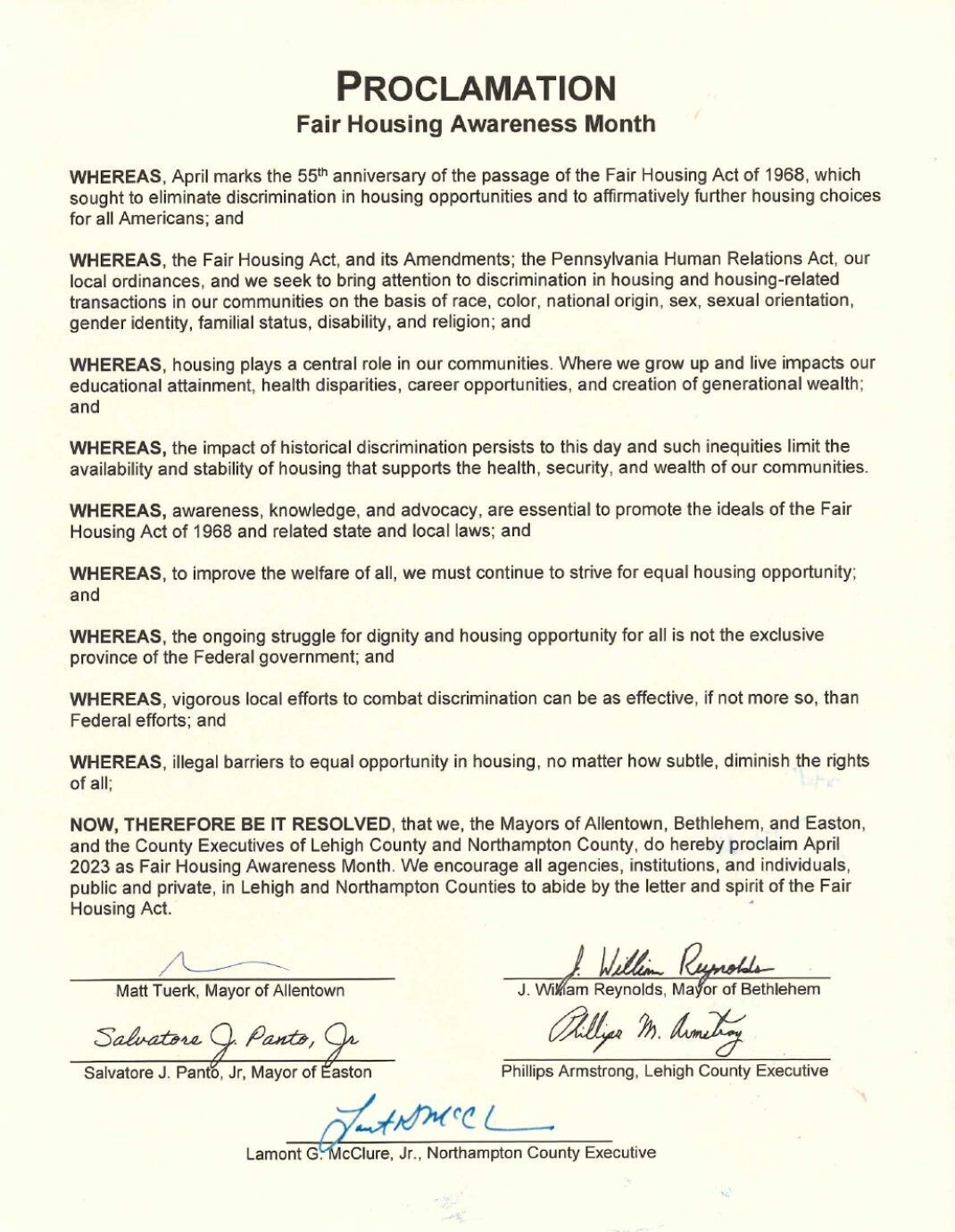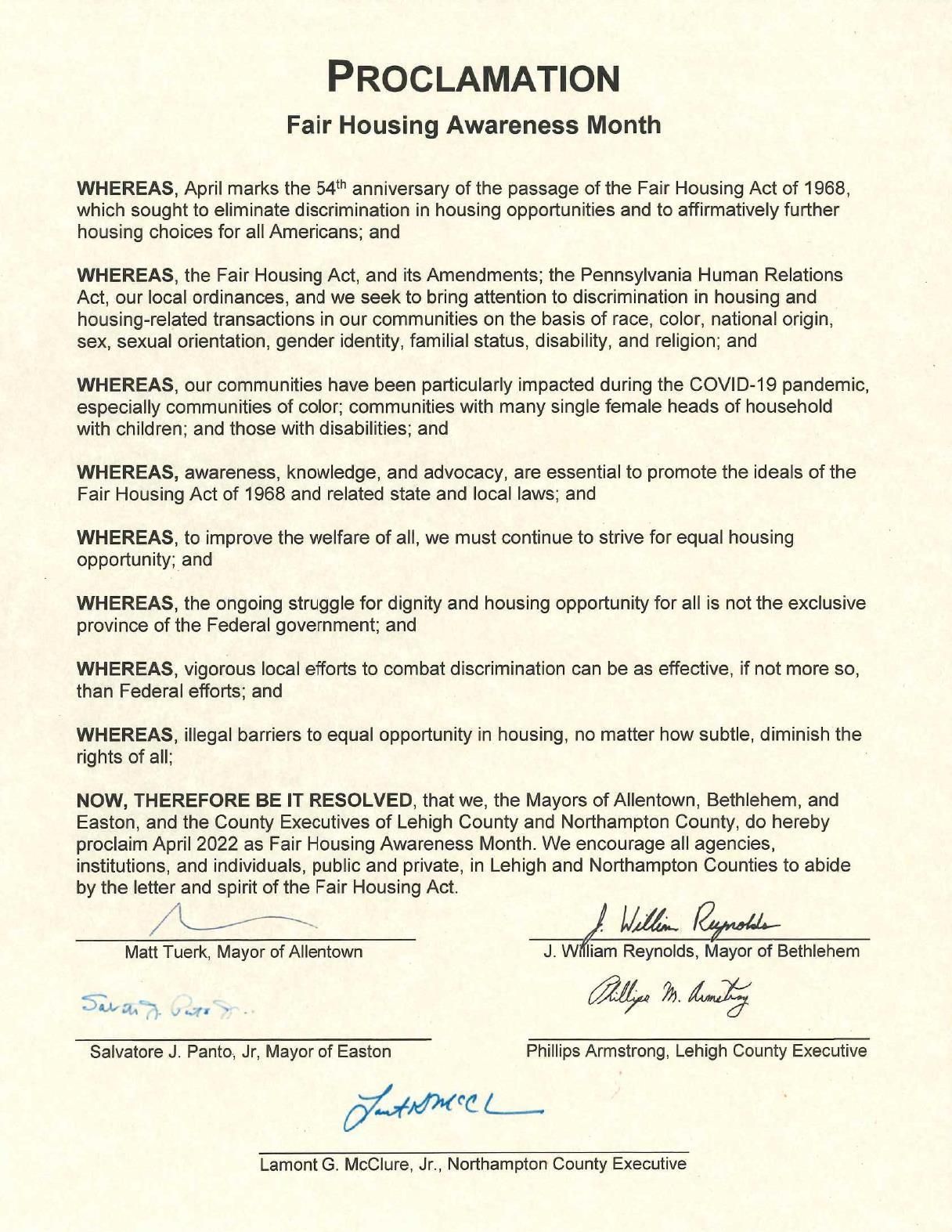Adrian Shanker, Founder and Executive Director of Bradbury Sullivan LGBT Community Center in Allentown, Pennsylvania, will review the current housing rights of LGBT people in Pennsylvania and some of the more common sources and types of discrimination experienced by this community. He will detail what protections are still needed at the state and national levels to ensure equal access to housing regardless of sexual orientation and/or gender identity and expression, and provide an advocacy roadmap for how to get there.
NPLS Attorney Sarah Andrew and Paralegal Mary Beth Saporita reviewed landlord-tenant law, including COVID-related updates, and provide da general overview of Fair Housing law and policy in Pennsylvania. Tenants’ rights included are the leasing and eviction process from start to finish, how to properly ask for needed repairs in a rental unit, and how to get a security deposit returned after vacating a rental unit. Fair Housing issues included are a review of the protected classes in federal, state and local law, types of discrimination, and fair housing enforcement procedures
Good news for individuals with disabilities who are recipients of Social Security Disability Income! A federal district court in Pennsylvania found that a landlord’s refusal to make a reasonable accommodation by changing the rental payment due date for individuals with disabilities who receive disability benefits can violate the Fair Housing Act. The Court’s ruling opens the door for a jury to find that requesting a change in the rental due date as a reasonable accommodation is reasonable and necessary to afford disabled tenants an equal opportunity to use and enjoy their dwelling.
Power point slides for presentation made by Ira Goldstein at the 4/21/2017 Fair Housing Forum.
Imagine being a domestic violence victim trying to keep yourself and your family safe. Now imagine being told that if you call the police for help as you are being physically attacked, you, the victim, face losing your home. That’s exactly what was happening with ordinances that strongly encouraged landlords to evict tenants cited for “disorderly conduct” in their home, even if the tenant was the victim of domestic violence.
It shouldn’t be news to anyone that large numbers of individuals suffer from anxiety and/or depression to the degree that it affects their ability to function on a daily basis. For an individual with a mental health disability, they often rely on some sort of treatment to be able to manage their ongoing daily tasks. This treatment can consist of therapy, medication and/or the assistance of an animal that provides emotional support, appropriately called an Emotional Support Animal (ESA). Under the Fair Housing Act, a tenant can request a reasonable accommodation to have their ESA in a building that does not allow pets.






